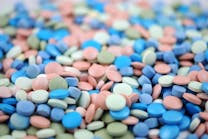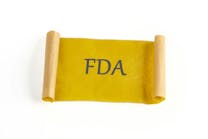Repurposed drug shows improved results with combined therapy for triple negative breast cancer
A drug used to treat cardiac failure has shown promising results in treating triple negative breast cancer, according to Houston Methodist researchers who released results this week on a new combined therapy with the potential to improve outcomes for these hard-to-treat breast cancer patients.
A research team led by Jenny Chang, M.D., a breast medical oncologist and director of the Houston Methodist Dr. Mary and Ron Neal Cancer Center, found variants in a gene called RPL39 that work through a pathway called nitric oxide. Through the combination of chemotherapy and a nitric oxide synthase inhibitor called L-NMMA, which was developed at Houston Methodist, researchers were able to regress tumor growth of triple negative breast cancer and prevent the cancer from spreading.
Historically, patients with cancers resistant to chemotherapy have about a 25-30% chance of responding when used with older drugs that target the immune system. The response rate using the Houston Methodist-discovered drug L-NMMA is about 50%.
This research builds on previous work from Houston Methodist that identified a gene mutation driving the formation of the most aggressive type of triple negative breast cancer, as well as finding a compound that blocked it.
“In addition to developing a novel anti-inflammatory regimen that can increase the efficacy of chemotherapy in treating triple negative breast cancer, we can also potentially predict which patient will respond to our novel treatment regimen, which will then allow non-responders to switch treatment options sooner."
Houston Methodist also will seek an orphan indication from the FDA for metaplastic breast cancer, a rare and aggressive subtype of triple negative breast cancer.





